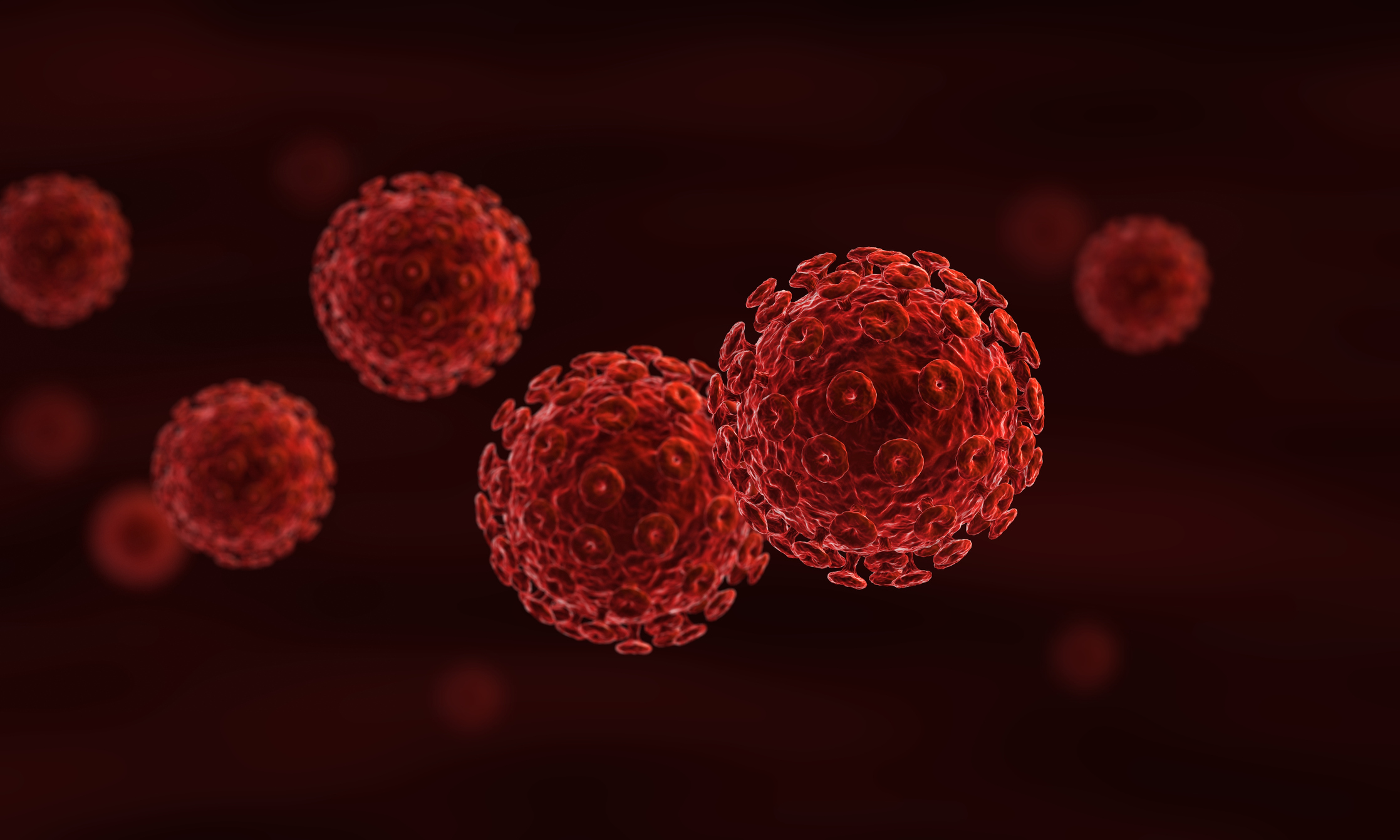Recently, the efficacy of bacillus Calmette-Guérin (BCG) vaccination is being reassessed in accordance with the achievements of clinical tuberculosis (TB) vaccine research. However, the mechanisms ultimately determining the success or failure of BCG vaccination to prevent pulmonary TB remain poorly understood. In this study, we analyzed the protective effects of intradermal BCG vaccination by using specific pathogen-free cynomolgus macaques of Asian origin that were intradermally vaccinated with BCG (Tokyo strain) followed by (Erdman strain) infection. Intradermal BCG administration generated TB Ag-specific multifunctional CD4 T cell responses in peripheral blood and bronchoalveolar lavage and almost completely protected against the development of TB pathogenesis with aggravation of clinical parameters and high levels of bacterial burdens in extrapulmonary organs. However, interestingly, there were no differences in bacterial quantitation and pathology of extensive granulomas in the lungs between BCG-vaccinated monkeys and control animals. These results indicated that the changes in clinical parameters, immunological responses, and quantitative gross pathology that are used routinely to determine the efficacy of TB vaccines in nonhuman primate models might not correlate with the bacterial burden and histopathological score in the lung as measured in this study.Copyright © 2020 by The American Association of Immunologists, Inc.
Vaccination with Intradermal Bacillus Calmette-Guérin Provides Robust Protection against Extrapulmonary Tuberculosis but Not Pulmonary Infection in Cynomolgus Macaques.


